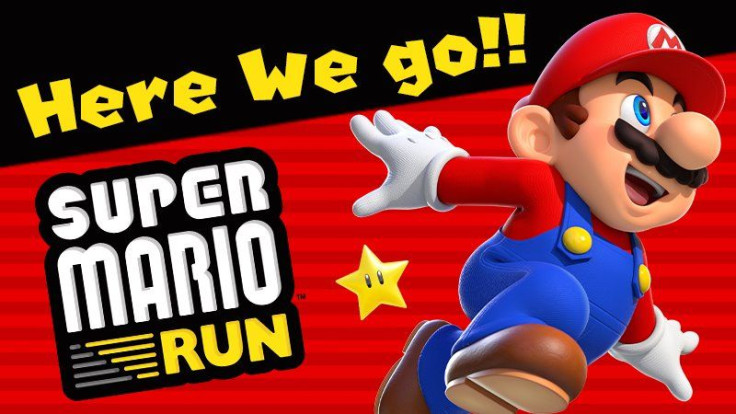During an annual business strategy briefing on Wednesday, Nintendo has promised to make 2 to 3 mobile games a year, according to Reuters. This news comes on the heels of Nintendo’s disappointing previous ventures in mobile games: Miitomo, which I haven’t heard about in months, and Super Mario Run, whose sales have been far less than expected despite its quality creator pedigree and instantly recognizable hero:
Super Mario Run downloaded 78 million times; more than 5% paid for full version: Nintendo president
— Yuji Nakamura (@ynakamura56) January 31, 2017
In 2015, Nintendo announced plans to release five games by March 2017, though only two have seen fruition so far (with Fire Emblem Heroes next on its way in Fire Emblem’ s continuing renaissance). However, Nintendo president Tatsumi Kimishima’s words to investors during Wednesday’s briefing do not exactly point to a flood of Nintendo games suddenly dropping into the market. However, it does indicate a renewed commitment on Nintendo’s part to exploring the mobile gaming sphere.
“Certainly smart devices have their unique benefits: a persistent network connection and an individual account. And so we are looking at smart devices as an option going forward and we have more games in development for smart devices,” said Shigeru Miyamoto, legendary Nintendo creator, in an interview last year.
In an interview with iDigitalTimes last year, Charlie Scibetta, senior director of corporate communications, stated:
“We’re excited about mobile as a platform. We took our time getting onto it because we wanted to make sure the right games were brought forward. One of the things Nintendo prides itself in and felt very passionate about was making sure the game is brought to life with the right control scheme, that’s one of the reasons why we always had a dedicated hardware on the console and handheld front because developers like Mr. Miyamoto will think of a game creation and think ‘what’s the best way to bring that to life?’
“In the case of mobile, we picked franchises like Animal Crossing and Fire Emblem we thought worked well on the mobile platform; [a mobile version won’t] necessarily have the same controls that we have on our dedicated consoles, but it still brings those games to life really well. For the future, we announced that we have two games coming before the end of March 2017, and we said that five games for mobile will come out.”
Nintendo’s renewed commitment to the mobile gaming sphere is major, especially considering the company’s intermittent history with online support and seeming lack of interest in joining the mobile wave before their about-face a few years ago, after the late CEO Satoru Iwata’s passing. But is the mobile industry mature and entrenched in its ways, at least when it comes to the kind of games that make gangbusters amounts of money?
Perhaps -- but as the existence of Pokemon Go proves, there are still ways to shake up the industry and make buckets of cash in the process. Nintendo may not change mobile gaming by dropping two or three nuggets of gold in those clogged seas, but it may learn how to more effectively utilize mobile’s strengths as its experience grows.
That’s only good news for Nintendo, whose next console, the Switch, is a hybrid home console that can be taken on the go. If making mobile games changes Nintendo, it will only be for the better.
Nintendo’s reluctance to enter the mobile sphere due to quality concerns and its resulting commitment to producing its very best for mobile may or may not inspire other mobile games to walk that premium path. But mobile games can only be enriched by considering Nintendo’s quality-first approach.
As for Nintendo? While the company may have a lot to learn about what makes mobile games work, it has always walked its own path. At its best, it has revolutionized gaming and created enduring industry classics. At its worst, it’s the Wii U.
Either way, many root for Nintendo’s continued innovation and success. Its mobile gaming ventures are no different. Nintendo may not change mobile games, but mobile games will change Nintendo - and while the beloved company’s resistance to change and industry pressure may be part of its charm, it also needs to survive in an evolving gaming landscape. With two to three quality mobile games a year, Nintendo may finally learn what it needs to continue creating classics for a new generation.


















